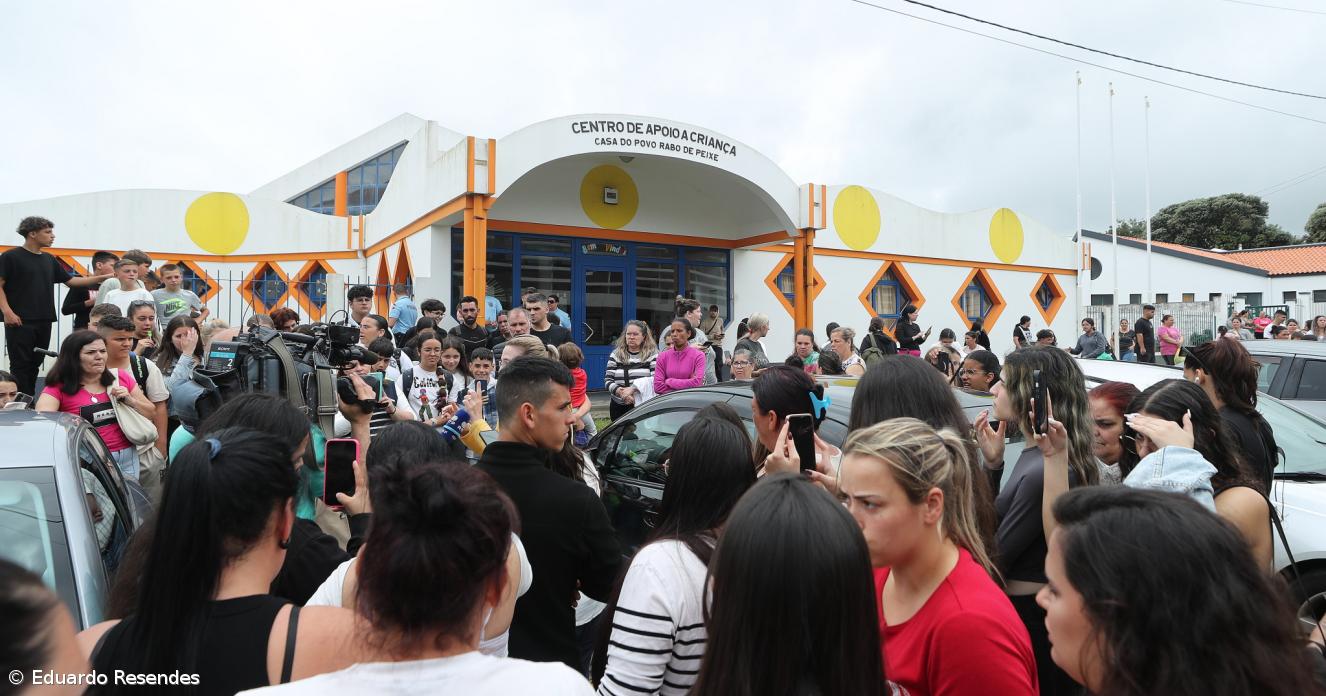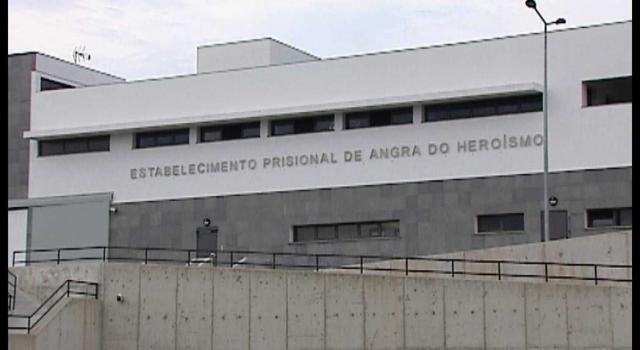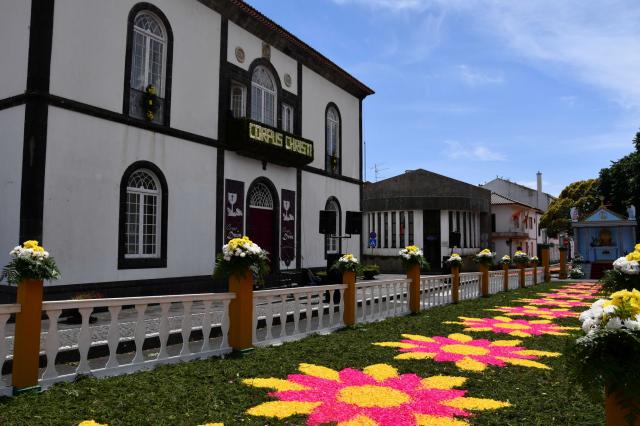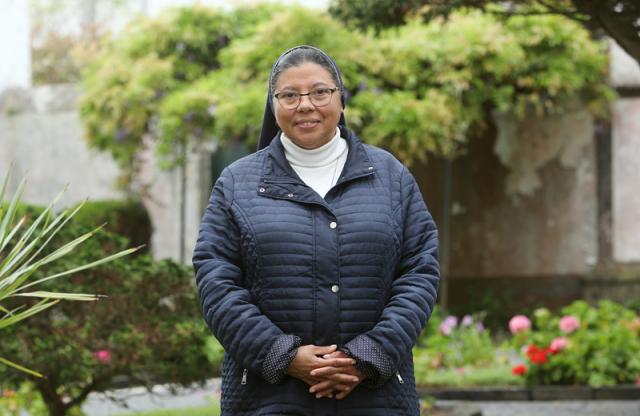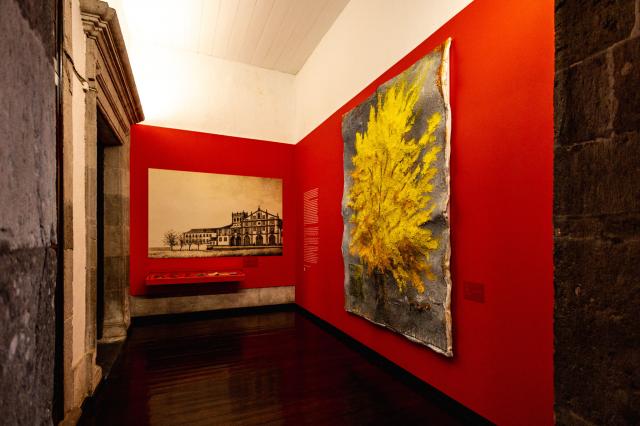Autor: Paulo Faustino
You are the guest speaker at a conference on civic associations that celebrates the 30th anniversary of the Azorean Forum - Civic Association. What is your message?
My first message is one of remembrance, since I had the opportunity, 30 years ago, to accompany the creation of the Azorean Forum, thanks to my friend who, unfortunately, is no longer with us, Mário Mesquita. It was Mário Mesquita and his team that launched the Azorean Forum and asked me - at the time I was president of SEDES - to accompany the creation of this civic association that symbolically came into being under the slogan "Thinking the Azores Today”. It was 1992 - in fact, before the campaign for the Regional Legislative Assembly elections. The objective of the Forum was, from the beginning, to promote reflection and debate on political, economic, social and cultural themes, with special emphasis on issues related to the Azores, and it was intended that this debate on the future of the Region should take place outside the traditional or institutional frameworks and be centered on civil society and its strengthening. This is, therefore, the first idea that I must recall because of its timeliness: civil society has a fundamental role in strengthening democracy.
Has the mission of the Azorean Forum been well accomplished in these 30 years?
I think so, in the sense that the Azores is a society that internalizes the values of democracy. Open to citizens of different political and ideological persuasions, the Forum and its promoters converged in the defense of democracy and regional autonomy and were concerned about the need for in-depth reflection and mobilization of citizens, especially at a time when profound changes were taking place, namely the end of the Cold War, the Fall of the Berlin Wall, and there were several perspectives that came to develop and that, at the time, were very present.
What is your perception of the Azores' current moment from the economic, social, and political point of view, and also from the point of view of its public accounts?
The Azores is an autonomous region that has very clearly affirmed the idea of regional autonomy and democracy and, in this sense, if I have just recalled someone who is no longer with us but who was an exemplary citizen, Mário Mesquita. I should also mention the first president of the board, Roberto Amaral, and the first president of the General Assembly, Álvaro Monjardino. I invoke the memory of someone who was also with me in the first reflections about the Forum, Renato Borges de Sousa. When you ask me what I should say about the Azores, I tell you it is, above all, a concern for the future, the concern to deepen and continue to deepen democracy, the organs of regional Autonomy and, therefore, as was said 30 years ago, it is necessary to think about the Azores today. I will focus on the role of associations, the role of civil society organizations and the need to have a participation centered on active citizenship. But thinking about the Azores today also means saying that the region is still at the tail of regional development in the country.
Which
means that the challenge we find ourselves in is a demanding one. My
message is one of mobilization and optimism. I will speak, by the way,
of great figures of our culture; I will speak of what Vitorino Nemésio
called Azoreanity. And we need to deepen Azoreanity itself. It means
focusing on the imagination of being Azorean and being very demanding in
terms of rigor, regional development, and planning, which are the areas
we should focus on.
Rigor, regional development, planning: areas where there have been failures?
We do not live in a perfect society, and therefore what is needed is to ensure that we can be better tomorrow than we are today. I would say that, 30 years later, the challenges remain. There have been advances, there have been setbacks, but the fundamental message at this moment is a positive one. There is a demanding challenge, not only for the Azores but at a national level, to ensure that regional Autonomy is increasingly better.
A constitutional revision process is coming up in the Portuguese Parliament. Should this be a pretext to move towards deepening Autonomy?
I think that the most important thing,
when we talk about the Constitution, is the strengthening and
consolidation of Autonomy. There is always the risk of inertia, which
leads to not making adequate progress in Regional Autonomy, and
therefore, in this regard, it is more important to take decisive steps
in relation to that autonomy outlined in the Constitution.
When you talk about inertia, what do you mean?
I mean any temptation to centralism. There are always temptations to centralism that must be countered.
The relationship between the regional and central governments is not going through a good moment, with the former complaining to the latter about unfulfilled commitments in the archipelago. How can the relationship between the two govenments be improved?
Do you get the idea that the government of the Republic is centralist in relation to the Azores?
My idea is the following: the work of cooperation between the central government and the regional government is permanent and should be guided by a concern for shared progress.

